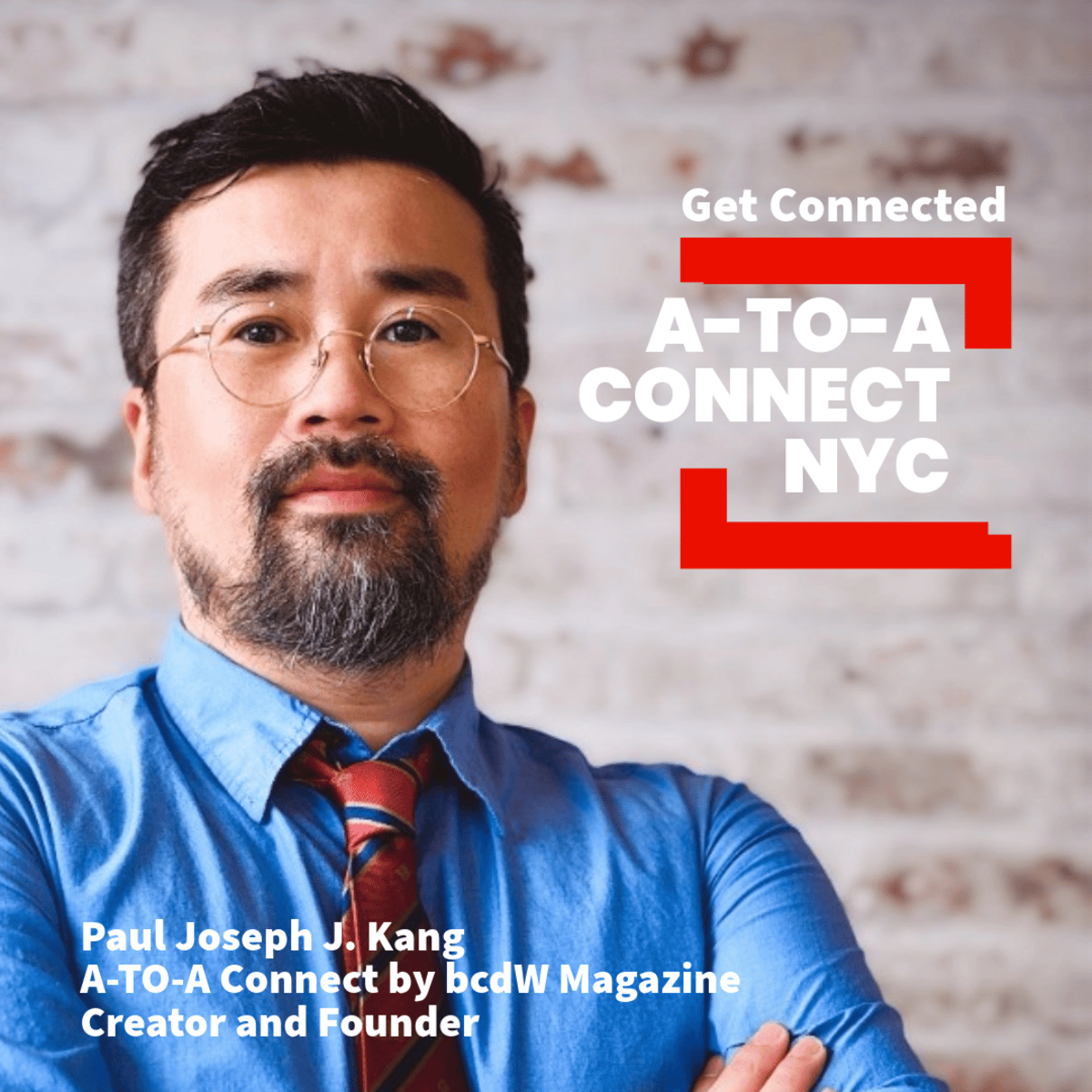In 2025, the consulting industry is shaking faster and more violently than ever before. McKinsey's massive layoffs reported by the Financial Times, Deloitte's cancellation of federal contracts, and PwC's restructuring aren't just signs of individual corporate crises—they signal that the very structure of consulting as a profession is being fundamentally reshaped. As AI technology replaces core industry functions, the entire value proposition of the sector is being challenged at its roots.
For decades, global consulting firms like McKinsey, BCG, and Bain dominated clients through two key pillars: information access and talent pools. Strategy development typically required months, sometimes over a year of research, interviews, and premium insights. But now information is available on the internet, and AI provides refined interpretation.
In an era where execution speed and accuracy have become paramount, clients no longer buy "reports"—they want "results."
AI is doing more than simply evolving tools; it's rewriting the consulting model itself. IBM estimates that 45% of current consulting work can be automated, while NTT analysis suggests 40% of consulting revenue faces threats from generative AI. Adding to this challenge, Harvard MBA graduates are no longer choosing McKinsey. Their eyes are now set on Google, OpenAI, or entrepreneurship. Talent is leaving, and clients believe they can develop and execute strategies independently.
Is this a signal of industry collapse? Numbers don't lie, but they don't interpret the future either.
McKinsey: Largest layoffs in 100-year history. 45,100 → 40,000 employees, over 10% reduction.
PwC: 1,500 layoffs in US operations.
Deloitte: 127 federal contracts cancelled or reduced.
MBA Recruiting Halt: Fall 2024, McKinsey completely stopped MBA recruitment in the US.
AI Consulting Market: $8.8 billion in 2024 → $73 billion by 2033 (26.49% CAGR)
So is consulting finished?
Not at all. What's crumbling now is traditional consulting's operational model. And emerging in its place is a new form: Practical Consulting—execution-focused, results-driven consulting.
This new paradigm assumes that 'strategy' and 'execution' aren't separate phases but exist on a continuous spectrum. Consultants are no longer people who say "do this" and leave. They're people who say "let's do this together" or "I'll do this." They're professionals who dive directly into the field, read markets firsthand, interpret regulatory environments, engage with users, and test new possibilities. This is the future consultant.
Execution-focused consultants must possess three core capabilities:
First, the strategic vision of a Fractional Executive capable of complex strategic thinking.
Second, the operational instincts of an Operator who can design problem-solving approaches and orchestrate organizations.
Third, the flexibility of a Connector who can bridge industries, regions, clients, and partners.
Professionals combining these three capabilities are 'AI-era super consultants,' and they will increasingly operate within flexible, network-based organizations rather than traditional corporate employment systems.
Existing consulting firms won't disappear. However, they're likely to transform from hierarchical pyramid structures into platform-based brands for super consultants.
This evolution points toward global networks where AI-equipped individuals operate as independent executors and collaborators. Each brings unique expertise and tools while flexibly combining for projects to solve client problems. This is the future form of consulting.
This change isn't about one industry's collapse. It represents the democratization of business decision-making and the construction of execution-centered, connected ecosystems. Companies will now build internal strategy teams, leverage AI-based tools, and call upon global super consultant networks as needed. This means 'collaboration' rather than 'employment,' 'field execution' rather than 'reports,' and 'modular communities' rather than 'pyramids.'
Consulting doesn't die.
It simply changes its brand and organizational form. While the logos of traditional consulting giants may gradually fade, smaller, stronger brands inheriting their philosophy and new network-based names capable of leading execution will fill that space.
At the center will be consultants with multi-layered capabilities encompassing AI and human intelligence, strategy and execution, independence and connectivity.
They're no longer people of suits and conference rooms. They connect cities, bridge digital and physical realms, and move beyond survival to become the face of new leadership driving change.
We stand at the starting point of this transformation. The question isn't who survives, but who is newly born.
And I believe you should be that protagonist.
Here are C-words related to this consulting industry transformation column:
Core Industry Terms:
Consulting - The central industry being transformed
Consultants - The professionals adapting to new models
Clients - Those demanding results over reports
Contracts - Being cancelled or restructured (like Deloitte's federal contracts)
Corporations - Traditional consulting firms facing disruption
Change & Transformation:
Change - The fundamental shift happening in the industry
Collapse - The apparent breakdown of traditional models
Crisis - The current state of major consulting firms
Cutbacks - Massive layoffs and downsizing
Challenges - What the industry faces from AI disruption
New Capabilities & Roles:
Connector - One of the three key future consultant roles
Collaboration - The new model replacing traditional employment
Capabilities - Multi-layered skills needed for survival
Creativity - Essential for problem-solving in the AI era
Customization - Tailored solutions over standardized reports
Technology & Innovation:
Code - AI systems replacing human analysis
Computation - Automated processes threatening traditional work
Cloud - Technology infrastructure enabling new models
Chatbots - AI tools democratizing information access
Business Model Evolution:
Community - Modular networks replacing pyramidal structures
Connectivity - Essential for future consulting success
Consolidation - Industry restructuring and mergers
Competition - Intensified rivalry for remaining opportunities
Commoditization - Traditional services becoming standardized
Strategic Concepts:
Centralization - Old model being replaced by distributed networks
Coordination - Key skill for execution-focused consultants
Comprehensive - Holistic approach needed for practical consulting
Context - Understanding specific client situations
Continuity - Ongoing engagement vs. project-based work


